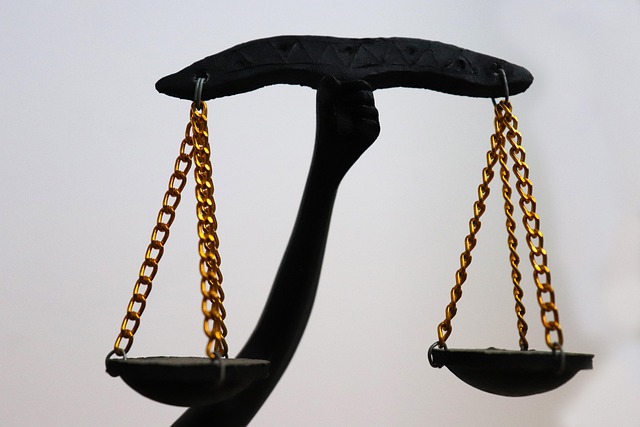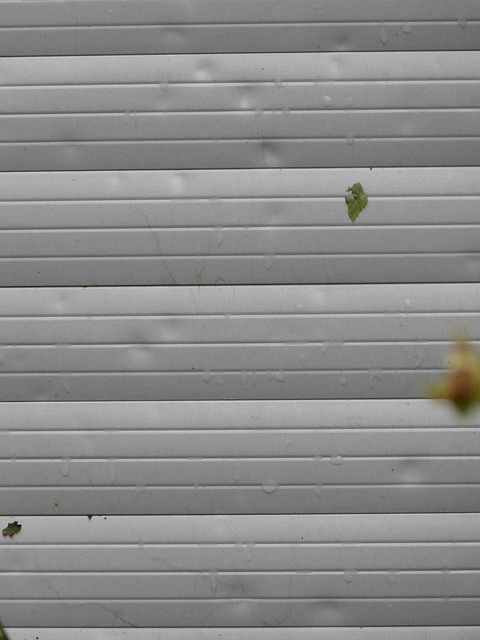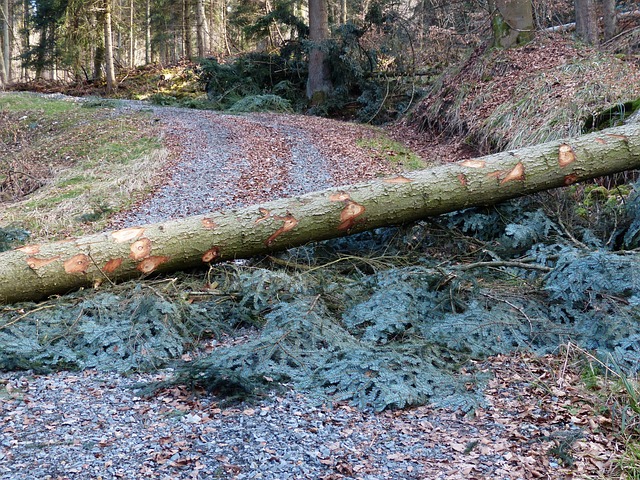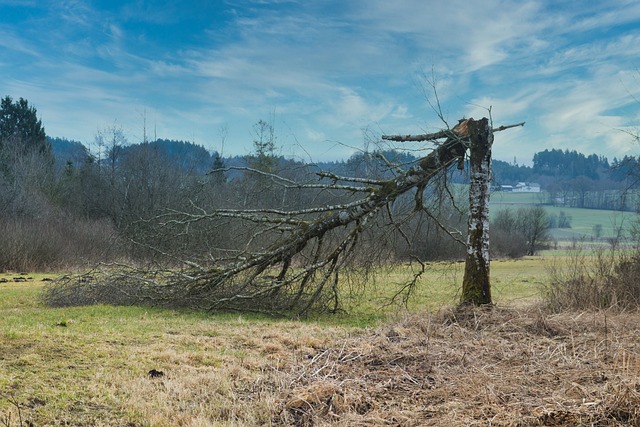Landlords have a legal duty to maintain rental properties, including addressing mold promptly and effectively. Tenants are protected from hazardous mold growth and have the right to notify landlords about mold issues. Failure to address mold can lead to legal consequences for landlords, such as tenant complaints, damages, or lease termination. Regular inspections, swift response times, and proper remediation are required. Proactive measures like regular visual checks, fixing leaks, and ensuring good ventilation prevent mold growth, fostering a healthy living environment and mitigating legal issues.
In the realm of rental property management, addressing mold issues is a critical aspect of ensuring safe and healthy living environments. This article explores the intricate balance between landlord responsibilities for mold and tenant rights and remedies. Understanding the legal obligations surrounding mold in rental homes is essential for both parties to navigate tenant mold complaints effectively. From tenant rights mold protections to landlord strategies for prevention, this guide offers insights into managing and preventing mold-related challenges in rental properties, emphasizing the importance of compliance with legal rental property mold requirements.
- Understanding Legal Obligations of Landlords Regarding Mold in Rental Properties
- Tenant Rights and Remedies for Mold-Related Issues
- Effective Strategies for Landlords to Address and Prevent Mold in Renting Spaces
Understanding Legal Obligations of Landlords Regarding Mold in Rental Properties
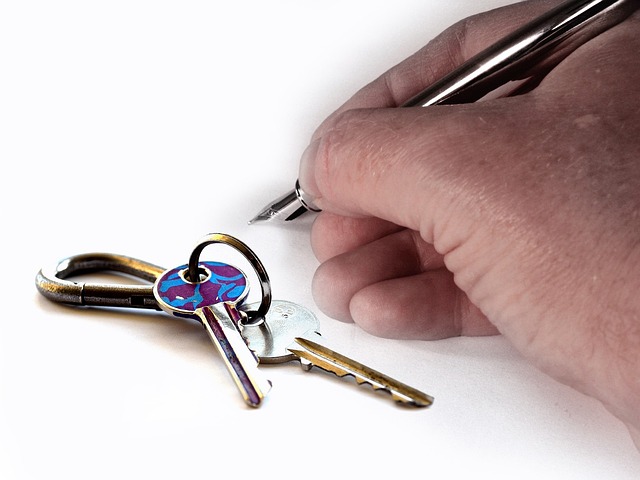
Landlords have a legal obligation to maintain rental properties in a safe and habitable condition, which includes addressing mold-related issues promptly. Failure to do so can lead to significant legal consequences and tenant complaints. In many jurisdictions, there are specific laws and regulations that outline the responsibilities of landlords regarding mold in rental homes. These obligations typically include regular inspections, quick response times for addressing moisture problems, and proper remediation when mold is detected.
Tenant rights concerning mold are also protected under these legal frameworks. Tenants have the right to live in a healthy environment free from hazardous mold growth. If tenants discover mold in their rental units and inform landlords, the latter must take immediate action to inspect, assess, and mitigate the issue. Failure to do so may result in legal action by the tenant, who can seek damages or even terminate the lease agreement under certain circumstances.
Tenant Rights and Remedies for Mold-Related Issues
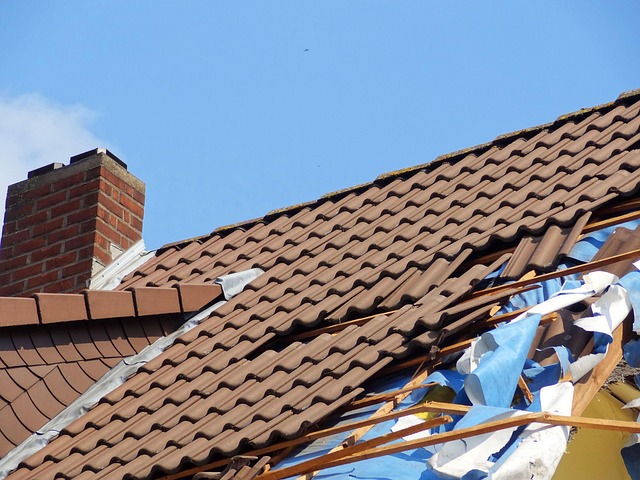
When dealing with mold issues in a rental property, tenants have specific rights and remedies as protected by law. If a tenant discovers mold in their rental home, they should first document the problem by taking photographs and noting the extent of the mold growth. Next, they can inform the landlord about the issue, providing clear evidence of the mold’s presence. Tenants may then negotiate with the landlord for necessary repairs, including mold removal and prevention measures.
In many jurisdictions, landlords are legally responsible for maintaining a safe living environment free from hazardous conditions like mold. They must promptly address tenant complaints related to mold and take proactive steps to prevent its growth. If the landlord fails to meet these obligations, tenants can escalate the issue by contacting local health authorities or seeking legal advice. Legal mold issues can lead to eviction, damage repairs, or even financial compensation for tenants affected by the landlord’s negligence.
Effective Strategies for Landlords to Address and Prevent Mold in Renting Spaces
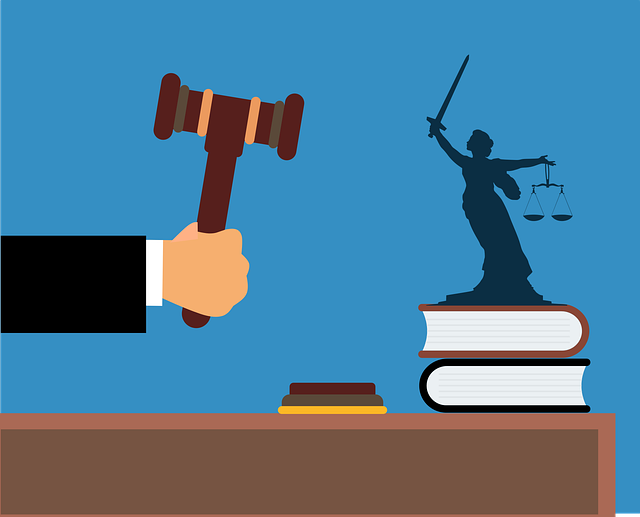
Addressing and preventing mold in rental properties is a critical aspect of being a responsible landlord. Regular inspections are key; landlords should conduct routine visual checks for any signs of moisture or potential mold growth, especially in areas prone to water intrusion like bathrooms, kitchens, and basements. Promptly addressing any issues, such as leaky pipes or inadequate ventilation, is essential to prevent the proliferation of mold.
Proactive measures, like ensuring proper humidity control through dehumidity systems or air conditioning, can significantly reduce moisture levels, creating an environment unconducive to mold growth. Landlords should also educate tenants on preventing mold by encouraging good ventilation practices and promptly reporting any water leaks or issues that may lead to mold formation. This combination of proactive care and swift response ensures a healthy living environment for tenants while mitigating potential legal issues related to tenant mold complaints, legal mold issues, and landlord responsibilities regarding rental property mold and mold in rental homes.

